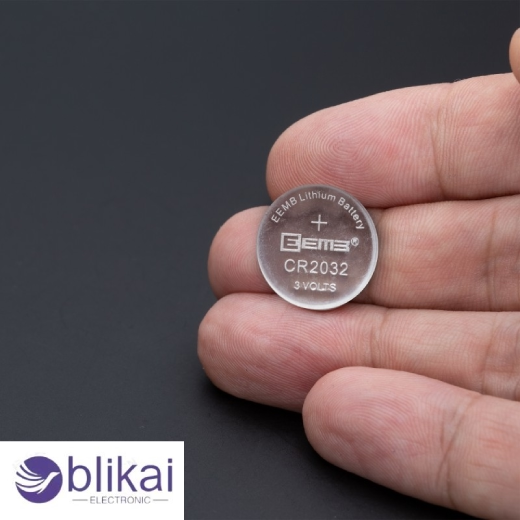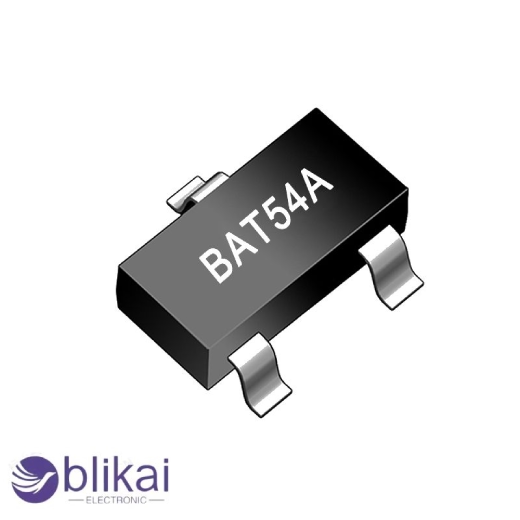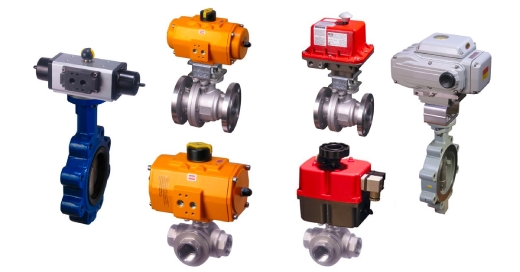

Do you know what’s the difference between Capacitor vs Battery? Do not worry if you do not! Your learning journey is about to begin. The purpose of this article is to explain the differences and advantages of capacitors and batteries. Furthermore, we’ll provide tips on what to look for when you’re choosing batteries or capacitors. We’re ready to begin!
Batteries are active components, while capacitors are passive devices that supply energy to circuits. Despite their similar utility, capacitors and batteries store energy differently. Battery energy is stored through chemical reactions, while capacitor energy is stored via electric fields. When a capacitor operates, its voltage decreases; however, when an electric battery is discharged, its voltage decreases.
Chemical compounds, such as batteries, store energy in electrochemical cells. Batteries store energy mechanically, while capacitors store energy chemically, but they don’t store as much energy as batteries.
What are Capacitors?

An electric field maintains electrostatic power between two points with the help of a capacitor. There are more than two plates in this passive part of your circuit. There is a void between the plates that is filled by the dielectric medium. Faster energy release is possible with them.
As a result of not converting power in another form, the capacitor’s efficiency can reach 98%. Electric energy is absorbed into a system, and when it’s needed, electrical energy is obtained. Different types of capacitors exist, including electrolytic, mica, plastic plate, tantalum, and ceramics.
What Is A Battery?

In electrical circuits, batteries provide energy. Battery terminals supply a DC current (direct current) with a constant potential difference (volts). Electromotive force, measured in volts (V), is one way a battery can offer a difference. Batteries therefore are DC components. Inverters are used to convert DC batteries into AC using a circuit. Therefore, inverter-equipped batteries are available.
Lead acid, zinc-carbon, lithium-ion, and alkaline batteries are all types of batteries.
A battery stores chemical energy as power. Electricity is generated when it is operated. Current flows from the negative electrode (cathode) of the battery through the circuit once it’s connected to the circuit. The battery is also recharged. The same model battery must be replaced with some batteries that aren’t rechargeable.
Capacitor vs Battery: Differences
In the comparison of Capacitor vs Battery, the differences can be summarized as follows:
Energy density: A battery can store more energy per unit volume than a capacitor due to its higher energy density.
Charge/discharge cycle: To maintain optimal performance, batteries must be charged and discharged frequently. However, capacitors do not.
Current flow: Battery performance and stability are better with capacitors.
Size/weight: Condensers are lightweight and smaller, while batteries are bulkier and larger.
Applications
From handheld devices to electric vehicles, batteries are used in many devices. When the power goes out or in an emergency, they are useful. Electric devices such as TVs, computers, and phones rely on capacitors to store and regulate electricity. High-frequency switching and power factor correction are also possible with them.
You can choose the best capacitor or battery based on knowing the differences between them and considering all the factors listed above. A decision that will serve your project well can be reached by researching, researching, and understanding both devices.
Capacitor vs Battery: Polarity
Batteries and capacitors flow electricity in a specific direction based on their polarities. Positive and negative polarities are found in batteries. The flow of electricity through a battery can go either way. An electric current can only flow through a capacitor if it has one polarity.
The direction of current should be considered when choosing capacitors or batteries. You should probably choose a battery if your device must handle current both ways. Using a capacitor is a better option if you need current flowing in only one direction.
Energy Storage: Battery vs Capacitor
Watt-hours are units of measurement for a battery or capacitor’s energy storage capacity. A battery or capacitor can store a certain number of watt hours. Battery watt-hour ratings are usually higher than capacitor watt-hour ratings.
Consider your needs when choosing a capacitor or battery. The best option is a battery when you need a lot of power for a long time. Short-term needs may be better served with capacitors, which provide short bursts of energy for a limited time.
Discharge And Charge Rate
Charge and discharge rates of capacitors are higher than those of batteries. Because they’re battery substitutes, they’re used when regular surges are required. In addition to its ability to last for many hours without recharging, capacitors are also resistant to losing their charge over time. Battery life, however, decreases with time and requires replacement.
Capacitor vs Battery: Similarities?
Devices that store energy include batteries and capacitors. Watt-hours is the unit of measure for their storage capacities. Their charge/discharge rate indicates how quickly their stored energy can be charged or discharged. A battery vs capacitor similarities are given below:
Charge/discharge rate
Size and weight
Ability to store electrical energy
Energy storage capacity
In terms of electrical storage and release, batteries and capacitors have many similarities. Powering electronics or providing backup power can be done using them when necessary. The two can both be used for similar purposes even though each has its own advantages and disadvantages.




